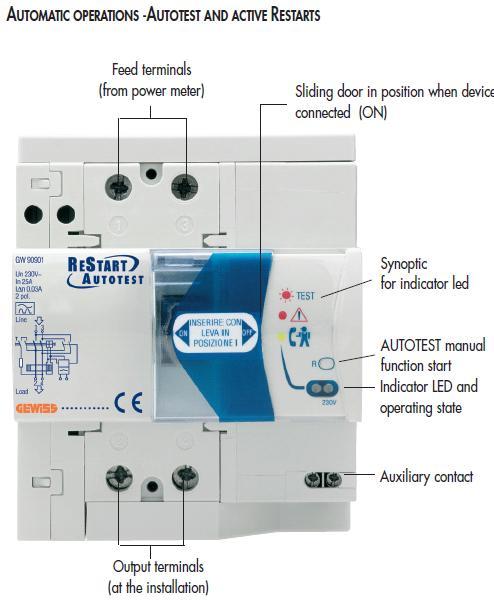- Joined
- 9 Oct 2007
- Messages
- 25
- Reaction score
- 0
- Country

Last night we could hear distant rumbling of thunder, and within a few minutes our trip switch started going every 5 minutes. The storm never got very close, we couldn't even see the lightening, and I'd understand it if it was right overhead. Its always like this - Hubby says someone only has to f@rt 20 miles away and our trip goes!
We do have power to outbuildings, which might make the system more sensitive, but all the wiring is new and we have tried isolated the outside circuit during storms and it makes no difference.
Its a pain having to re-set the trip every few minutes, or wake up in the night to find everything has gone out, when we haven't even had the lightening close by.
Are there varying sensitivities on the RCD trips? Have we got one thats too "touchy"? I appreciate it is there for a reason and you cannot be too careful where electricity is concerned, but seems overkill that it trips so easily.
Any advice please?
Thanks
We do have power to outbuildings, which might make the system more sensitive, but all the wiring is new and we have tried isolated the outside circuit during storms and it makes no difference.
Its a pain having to re-set the trip every few minutes, or wake up in the night to find everything has gone out, when we haven't even had the lightening close by.
Are there varying sensitivities on the RCD trips? Have we got one thats too "touchy"? I appreciate it is there for a reason and you cannot be too careful where electricity is concerned, but seems overkill that it trips so easily.
Any advice please?
Thanks

